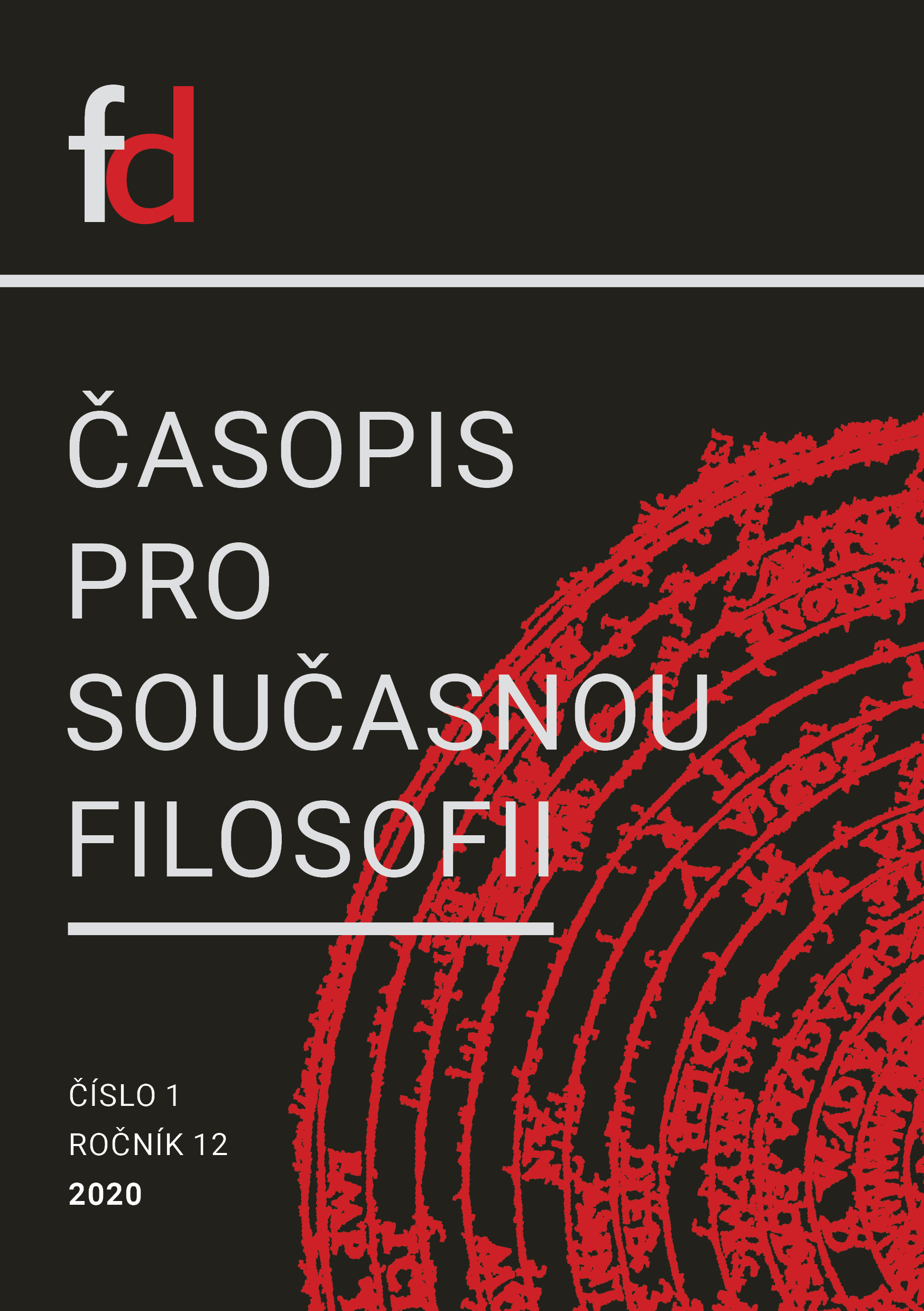What Is It Like to Enter the World?
DOI:
https://doi.org/10.26806/fd.v12i1.317Abstract
The proposed paper is an extensive review of the book Hegelʼs phenomenology of world written by Tereza Matějčková. I emphasise the key role of the concept of education (Bildund) in her interpretation. Yet, education is here not understood as an accumulation of knowing, but rather as getting rid of knowing that no longer corresponds to actuality. In my reading, through repetitive “liberating” or “emptying” itself from its old knowing, the consciousness paves the road to the world, it enters into the “new” world, leaving the old “world-order” behind in memory. Complementarily, it educates itself to live in the present moment. According to Matějčková, Hegel’s Phenomneology of Spirit educates the consciousness (but also its reader) to live up to the world, its actuality and its (everyday) present. Yet, in order to fulfil this aim of Hegelʼs Phenomenology – and this is also my main reservation and simultaneously perhaps a stimulus for a further enquiry – her interpreter should take into account the history of the twentieth century and demonstrate on it what the spirit has learned from it. Thereby, the spirit turns this history into its own history. Otherwise, the reader will continue to frame the present by the concepts of the past (tradition) and will not be truly modern.
Downloads
Published
Issue
Section
License
Authors who publish in this journal agree that:
1. Authors retain copyright and guarantee the journal the right of first publishing. All published articles are licensed under the Creative Commons Attribution license, which allows others to share this work under condition that its author and first publishing in this journal was acknowledged.
2. Authors may enter into other agreements for non-exclusive dissemination of work in the version in which it was published in the journal (for example, publishing it in a book), but they have to acknowledge its first publication in this journal.
3. Authors are allowed and encouraged to make their work available online (for example, on their websites) as such a practice may lead to productive exchanges of views as well as earlier and higher citations of published work (See The effect of open access).


